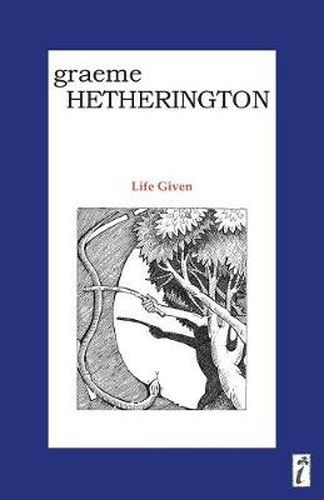Readings Newsletter
Become a Readings Member to make your shopping experience even easier.
Sign in or sign up for free!
You’re not far away from qualifying for FREE standard shipping within Australia
You’ve qualified for FREE standard shipping within Australia
The cart is loading…






The craft in this, Graeme Hetherington’s third collection of poems, is like that of the tapestry maker. In short lyrics of sinewy tetrameter and assonantal music, the poet’s dark and bright strands of narrative, of thematic concern, are interwoven in a technique that allows the shape of an individual life to disclose itself from the commingling and recurrence of vivid personal and historical recollections. In the individual lyrics there are scenes of chill home life and school barbarities. These are haunting and intimate in their disclosures. In the cumulative effect of the poems a pattern emerges, similar to those that the Icelandic tapestry makers abstracted from their own harsh saga and mythic sources. For Graeme Hetherington takes hinterland Tasmania, with its hellish past of floggings, cannibalism, killings, and weaves into this the pattern of his own experience, his exposure to cruelty, his friendship with James McAuley, his exile in foreign lands, his intimations into Christianity and Christian art. These are lyrics of remarkable self-scrutiny, an older poet’s fierce struggle to find pattern in the life given.
$9.00 standard shipping within Australia
FREE standard shipping within Australia for orders over $100.00
Express & International shipping calculated at checkout
The craft in this, Graeme Hetherington’s third collection of poems, is like that of the tapestry maker. In short lyrics of sinewy tetrameter and assonantal music, the poet’s dark and bright strands of narrative, of thematic concern, are interwoven in a technique that allows the shape of an individual life to disclose itself from the commingling and recurrence of vivid personal and historical recollections. In the individual lyrics there are scenes of chill home life and school barbarities. These are haunting and intimate in their disclosures. In the cumulative effect of the poems a pattern emerges, similar to those that the Icelandic tapestry makers abstracted from their own harsh saga and mythic sources. For Graeme Hetherington takes hinterland Tasmania, with its hellish past of floggings, cannibalism, killings, and weaves into this the pattern of his own experience, his exposure to cruelty, his friendship with James McAuley, his exile in foreign lands, his intimations into Christianity and Christian art. These are lyrics of remarkable self-scrutiny, an older poet’s fierce struggle to find pattern in the life given.